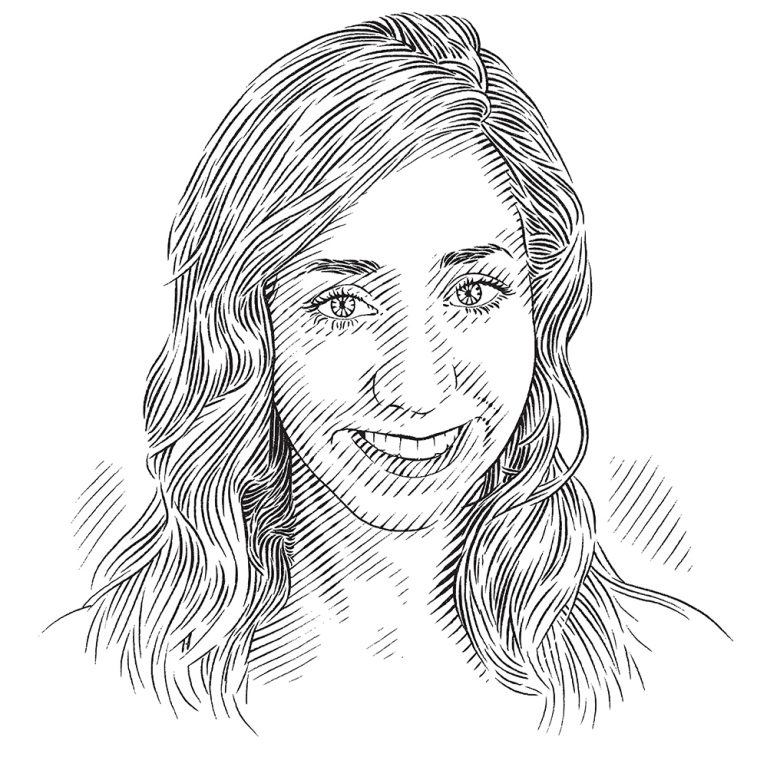Elena Gadoutsis

Who I am
Most of my childhood was spent exploring the forests, rivers and lakes in rural Ontario, Canada. Here I developed a great respect for nature and a fascination with the many species of birds, mammals and fish around me. Often my family embarked on camping trips to the beach, even journeying from the Atlantic to the Pacific coast. The ocean captivated me and I was constantly swimming, boating or snorkelling. I developed a deep empathy for all living creatures and was determined to rescue or adopt any animal; whether it was a stranded piglet in the middle of highway traffic or my brother’s prized caught fish. My passion for environmental protection led me to future volunteer experiences, where I assisted to rescue and rehabilitate a range of wildlife in my community.
Since I had an aptitude for science, particularly biology, I obtained my Bachelor of Science in Nursing and began a career as a Registered Nurse. I worked in the Intensive Care Unit in a downtown hospital, helping the critically ill stay alive. This is not the most typical path of a marine biologist, but it was this career which allowed me the means to eventually pursue what I loved. I was able to travel, which I did as much as I could and always to the ocean. It was inspiring to learn that the ocean was largely unexplored (95%), yet as humans, we are completely dependent on it. Scuba diving became my window to the unknown underwater world. Although the ocean appeared pristine from above, below the surface I witnessed the interference from humans in the form of pollution and habitat degradation. I was eager to go beyond saving people as a nurse or rescuing wildlife through volunteering; and understood I could ultimately assist the world at a greater level. At this point, I decided to boldly change my path to a career in marine conservation.
Where I work
I am currently completing a Master of Science in Marine Environmental Management at the University of York in England. Along with a multitude of other projects, my main research involves examining the effects of light intensity on marine algae. As part of my MSc I also complete a research dissertation with an external organisation. For this dissertation, I am lucky to be working with the Save Our Seas Foundation at the D’Arros Research Centre in Seychelles. Having never been to Seychelles before, I could only imagine the tropical beauty of the islands and the diversity of marine life where I would explore what lies beneath the crystal waters of the Indian Ocean and the extent of anthropogenic impacts.
What I do
My research involves monitoring trends in the health of coral reefs at D’Arros and St. Joseph. I survey the reefs in the area whilst scuba diving and compare my findings with previous data that has been collected since 2012. Worldwide coral health is declining due to climate change and human impacts, which have accelerated over the past two decades. Any change in sea surface temperature can cause coral to expel energy-providing algae which is vital for coral survival. This exposes the coral’s white skeleton and is termed ‘coral bleaching’. Unfortunately, coral bleaching is becoming more frequent and intense and can cause devastating ramifications for places like Seychelles. Destruction of the reefs would remove an important habitat for multiple species and result in the loss of valuable services provided by the reefs. Studying coral reef health and bleaching impacts will guide future coral reef management and promote the development of long-term solutions in a changing climate.
